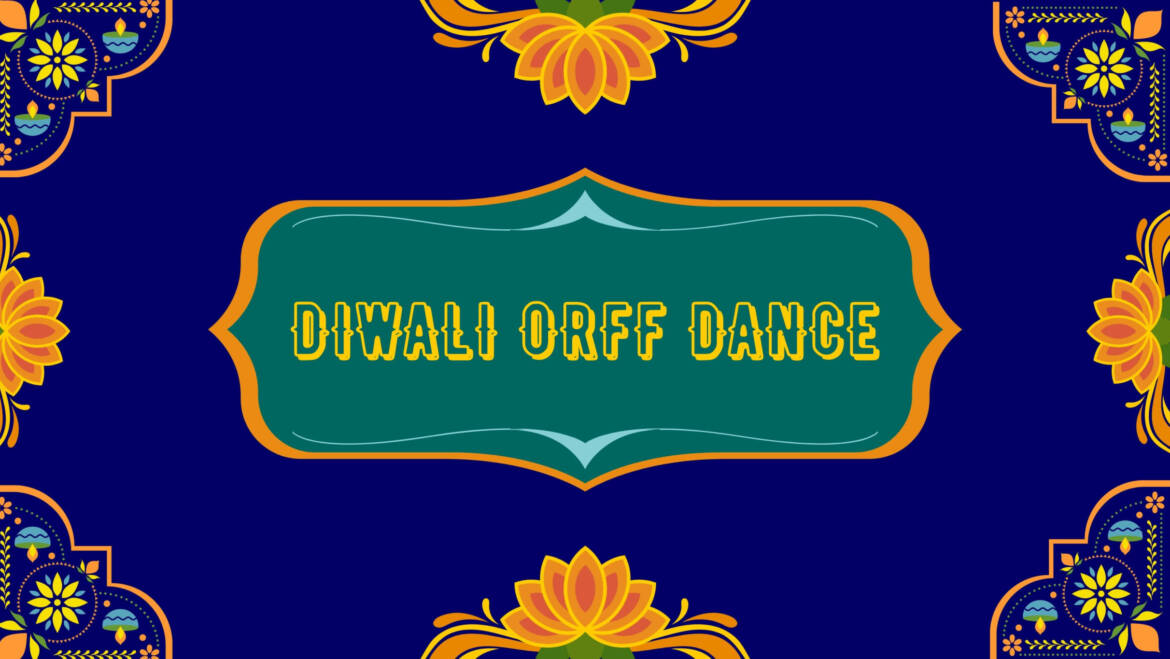Sourced fromTeachingwithorff.com
Written by Manju Durairaj
Diwali for the year 2021 is celebrated/ observed on Thursday, November 4.
Diwali is held on 15th day of the month of Kartika in the Hindu calendar and celebrates the festival of lights.
Background
For Hindus, Diwali is one of the most important festivals of the year and is celebrated in families by performing traditional activities together in their homes. Diwali or Divali is a contraction of the Sanskrit word Deepavali, that means “row of lamps”. Small clay lamps filled with oil are lighted to signify the triumph of good over evil. These lamps remain lit through the night and houses are cleaned to welcome the goddess Lakshmi. Firecrackers are burst to drive away evil spirits. During Diwali, all the celebrants wear new clothes, and share sweets and snacks with family members and friends. Diwali.
In some regions of the Indian subcontinent, is considered to be the celebration of the marriage of Lakshmi with Lord Vishnu. In the eastern state of Bengal the festival is dedicated to the worship of Mother Kali, the dark goddess of strength. Lord Ganesha, the elephant-headed God, the symbol of auspiciousness and wisdom, is worshiped in most Hindu homes on this day. For Jains, Deepavali has an added significance to the event of Lord Mahavira attaining nirvana. Diwali also commemorates the return of Lord Rama along with Sita, his wife and Lakshman, his loyal brother, after a fourteen-year exile. In joyous celebration of the return of their king, the people lit up the kingdom with earthen diyas (oil lamps) and burst crackers.
Dance
Click here to download a pdf of Manju’s Diwali dance lesson, including notated dance steps and musical arrangement for tuned and non-tuned percussion.
To hear Manju’s pronunciation, click here.
To view a performance by the Berkshire-Hudson Valley Orff chapter (USA), click here.



